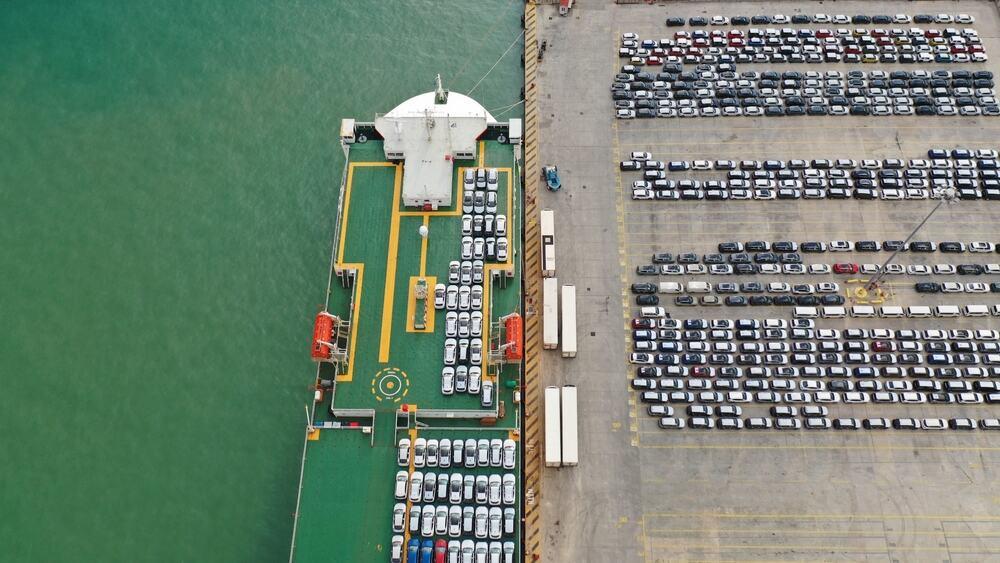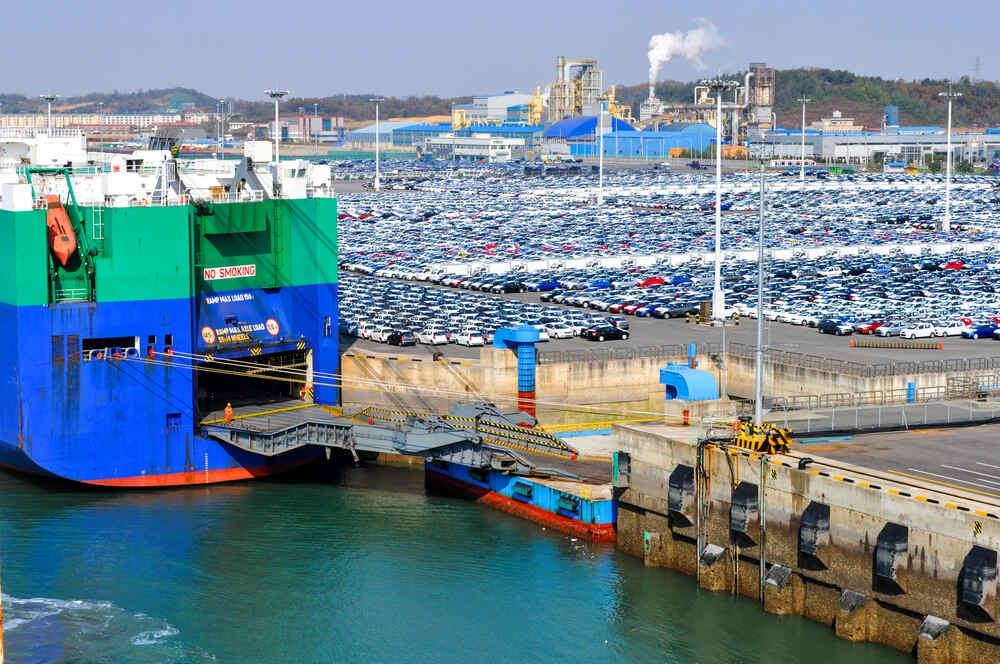
Importing a car to the UK can initially seem cost-effective, offering access to unique models or better-equipped vehicles at potentially lower prices. However, when considering additional costs such as shipping, insurance, import duties, and VAT, the overall expense can significantly increase, often making it more expensive than purchasing locally.
Importing a car into the UK involves navigating a complex array of procedures and regulations. While the allure of owning a distinctive or more affordably priced vehicle from abroad is strong, the financial implications extend beyond the initial purchase price. Prospective importers must account for shipping costs, import tariffs, VAT, and potential modifications to meet UK standards. These factors collectively determine the true cost of importing a vehicle, which can be substantially higher than anticipated. Understanding these elements is crucial for anyone considering this option, ensuring they make an informed decision.
Cost Analysis of Importing a Vehicle
Vehicle importation from outside the UK is complicated. Buying a unique or cheaper car may be enticing, but many additional costs must be considered. These prices often surprise buyers, making the vehicle less affordable than expected. Consider shipping costs, transport insurance, import tariffs, and VAT. The vehicle's modification to satisfy UK environmental and safety standards can increase the original cost.

Shipping costs depend on vehicle size, pick-up location, delivery destination, and mode. For instance, shared container or Roll-On Roll-Off services vary greatly in cost. Import duties and VAT will be another expense based on the vehicle's foreign pricing and transportation costs. Import charges cannot be avoided, but understanding them can help you budget and avoid expensive surprises.
Comparing Local and Imported Car Prices
The cost differential between local and imported autos is crucial when assessing moving and relocation costs. Different benefits and costs come with each option. A major benefit for UK purchasers choosing local cars is the removal of import fees. Locally built cars usually cost less than imported cars due to dealership fees, delivery fees, and some taxes.
For high-end models or those made in countries with lower production costs, imported automobiles may look appealing due to cheaper sticker pricing. Once extra costs are considered, these prices may rise quickly. Import tariffs, VAT, shipping, handling, inspection, and registration can drastically increase costs. Moving and relocation businesses must consider these costs when determining fleet size and composition.
Impact of Import Taxes and Duties on Car Prices
The UK government's import tax and levies raise automotive import prices. These fees vary on the vehicle's age, engine size, origin, and emissions. Taxes and levies can add 30% to the cost of an imported car outside the EU.
This can severely harm moving and relocation companies, especially when a large fleet contains imported automobiles or vans. Additional fees often raise customer service prices. Before adding imported automobiles to fleets, companies should assess the overall cost of ownership, which includes several elements.

Frequently Asked Questions
Import taxes and duties directly increase the cost of importing cars into the UK. These additional costs, which can be significant, are generally passed on to the consumer, making imported cars more expensive than locally manufactured vehicles.
Import duties and vehicle taxes are typically calculated based on the vehicle's customs value, including the purchase price, freight, and insurance costs. Other factors such as the type of vehicle, age, and emissions may also influence the amount of tax payable.
Imported vehicles are typically more expensive than local ones due to the additional costs involved, such as shipping, insurance, and import duties. However, prices can vary widely depending on the make and model of the vehicle and the country of origin.
Before importing a car into the UK, consider the total cost, including the purchase price, shipping, insurance, and import duties. You should also check whether the vehicle meets UK safety and emissions standards, as modifications may be required.
In some cases, you can reduce the import taxes and duties on cars by importing a used vehicle, as the taxable value may be lower. Some trade agreements may also provide for lower import duties. However, seeking expert advice is essential to ensure you comply with all import regulations.






 Share on Facebook
Share on Facebook Share on LinkedIn
Share on LinkedIn Share on Twitter
Share on Twitter




 Google
Google  Instagram
Instagram  Trustpilot
Trustpilot 



